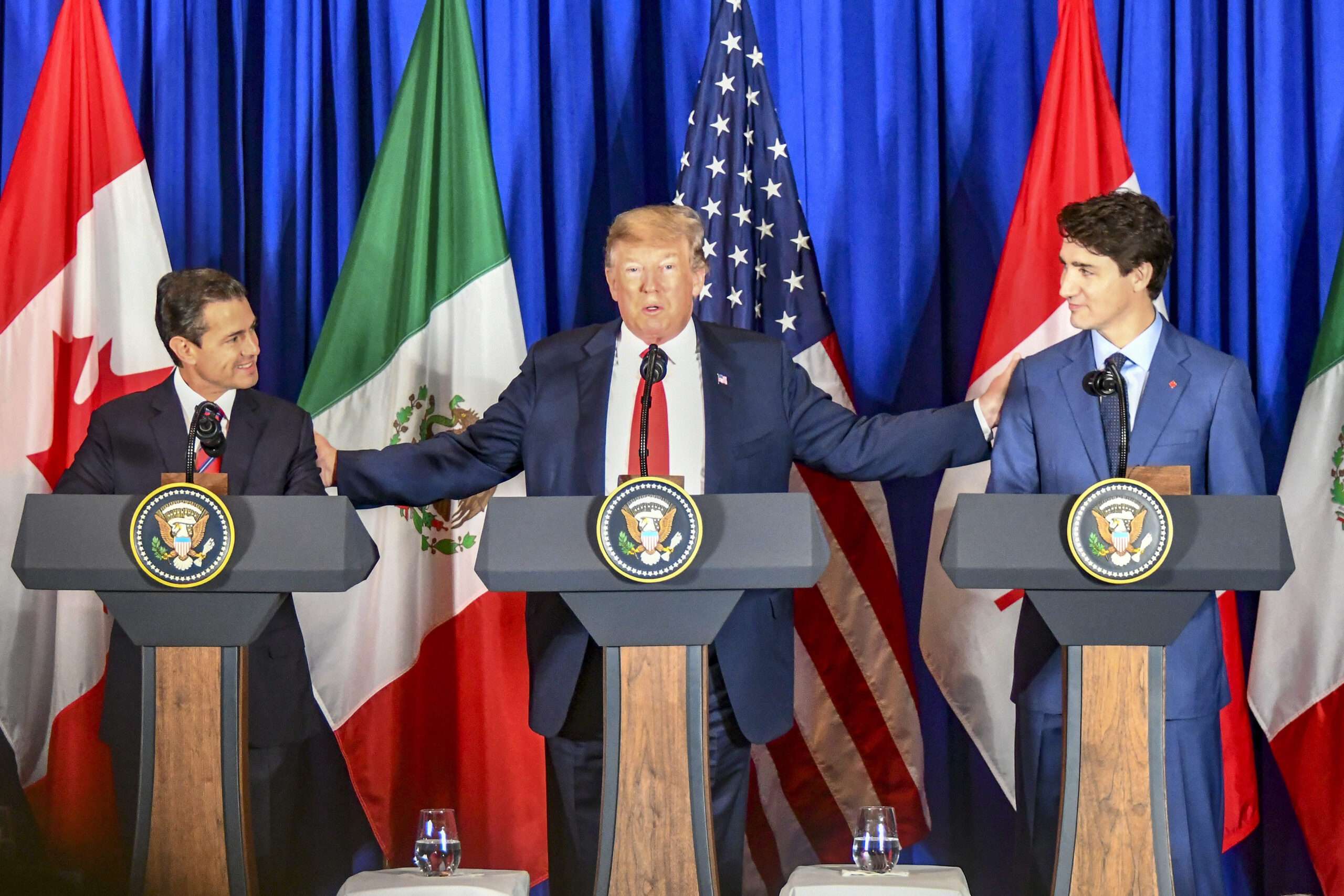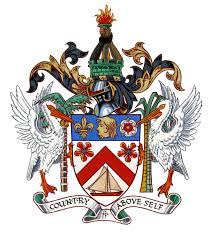The Comeback of the ‘Tariff Man’
In a recent statement, President-elect Donald Trump announced his intention to impose significant tariffs on imports from Mexico and Canada immediately upon taking office. He declared that his first executive order would be to implement a 25% tariff on all products coming from these neighboring countries as a response to what he perceives as an ongoing crisis at the border, where he claims thousands are crossing unlawfully. Trump emphasized that these tariffs would be in place until Mexico and Canada take action to curb the flow of drugs and migrants into the United States. This announcement marks an escalation in Trump’s protectionist trade policies, reflecting his long-standing view that trade practices should prioritize American interests above all else.
Critics of Trump’s planned tariffs question the logic behind using trade taxes to address border security and drug trafficking issues, pointing out the disconnect between tariffs and their intended social impact. Despite these critiques, a more considerable concern arises from the financial ramifications of Trump’s proposed tariffs, which could impose a $210 billion tax increase on American consumers. The tariffs would likely lead to increased prices for various goods, particularly fresh produce from Mexico and crude oil from Canada. Given the already escalating costs of living, this move could exacerbate inflationary pressures, causing further strain on American households facing rising grocery and fuel prices.
The implications of the proposed tariffs also extend to international trade agreements. The tariffs would likely violate the United States-Mexico-Canada Agreement (USMCA), a deal Trump himself negotiated during his prior administration. Such unilateral actions could instigate a significant trade war between North America, undermining over $1.5 trillion in annual trade. Experts warn that if Trump proceeds with his plans, it could necessitate a reevaluation of the terms of this agreement and provoke retaliatory measures from Canada and Mexico, negatively impacting economies across the continent.
Amid these developments, Scott Bessent, Trump’s prospective Treasury Secretary, attempted to mitigate concerns by asserting in an interview that new tariffs would not lead to a return of inflation. He argued that tariffs alter purchasing power rather than trigger inflation in the traditional sense. This perspective, however, appears overly simplistic since any increase in tariffs directly raises the cost of imported goods, thereby reducing consumers’ purchasing power. Economists have already cautioned that such tariffs would lead to price hikes in essential commodities, suggesting that the burden of the tariff will indeed fall on American taxpayers, who will have to shoulder the increased costs of their everyday purchases.
There is speculation regarding the actual implementation of Trump’s proposed tariffs, with some analysts suggesting that his announcement serves as a tactical maneuver aimed at negotiating trade terms rather than a definite policy action. However, Trump’s firm commitment to introducing tariffs on his first day as president leaves little room for interpretation. The potential disruption of massive trade operations without congressional oversight raises alarms over the extent to which a sitting president could influence trade policies unilaterally. This situation highlights ongoing discussions within Congress regarding the need for legislative oversight on tariff implementation, particularly in light of the considerable economic impact such decisions can have.
In other news, President Joe Biden is seeking to allow Medicare and Medicaid to cover anti-obesity medications, which could provide access to millions of older and lower-income Americans. Meanwhile, Special Counsel Jack Smith moved to dismiss charges against Trump related to his election conduct and classified documents. Additionally, Spain plans to invest billions in decommissioning nuclear power plants, a decision fraught with economic implications. Amidst these political developments, the recent passing of Fred Smith, founder of the Competitive Enterprise Institute, has left a significant mark on the free-market community, highlighting his influence and legacy within public policy circles.
Share this content:













Post Comment